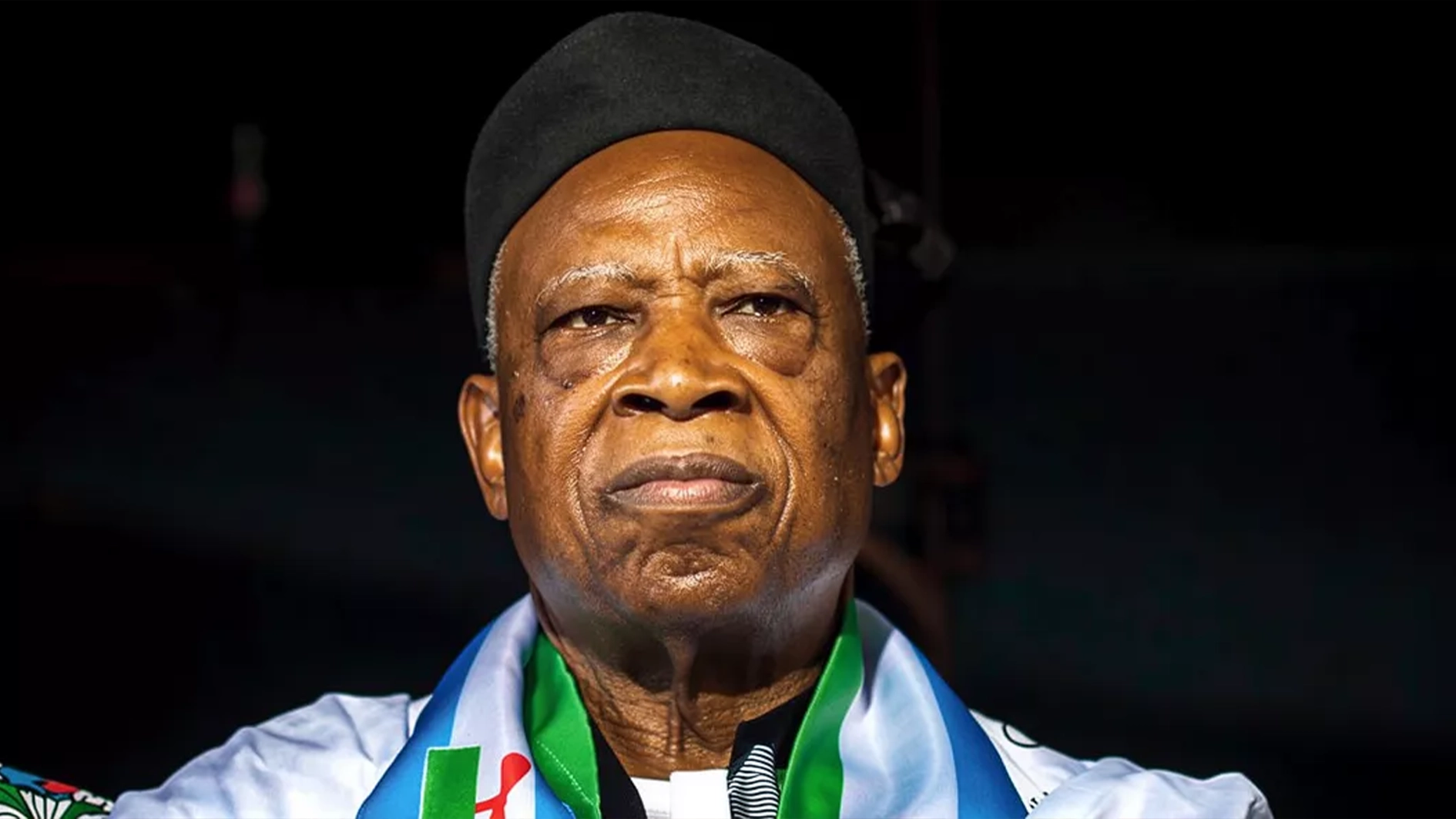
As the National Assembly considers the proposed Tax Reform Bills, the Citizens Network for Peace and Development in Nigeria (CNPD) has rejected the Nigeria Governors’ Forum’s (NGF) proposed Value Added Tax (VAT) sharing formula, which allocates 50 per cent based on equity, 30 per cent based on derivation, and 20 per cent based on population.
National Coordinator of CNPD, Mr. Okorie Ikechukwu Raphael, at a press conference held in Abuja on Friday, argued that the NGF formula does not take into account productivity and economic growth, which are critical factors in determining a state’s contribution to the national economy.
Raphael contended that by ignoring productivity, the formula may inadvertently penalise states that are making concerted efforts to diversify their economies and promote economic growth.
He urged the National Assembly to reconsider the proposal and adopt a more nuanced approach that rewards productivity and economic growth. CNPD maintained that there is no gainsaying the fact that the proposed tax reform bills has the potential to ensure that revenues derived from taxes are channeled into critical sectors such as education, healthcare, and rural development, thereby reducing poverty and inequality.
“The proposed law focuses on inclusive taxation. Consequently, this reform is aimed at stimulating Small and Medium-scale Enterprises (SMEs), encouraging grassroots entrepreneurship, and fostering economic diversification, as well as sustainable growth for the future generations.
“Specifically, we commend the Tax Reform Bills’ provisions that exempt individuals and households earning less than N1 million per year and companies earning less than N50 million per year from taxation. This bold initiative demonstrates the government’s commitment to alleviating poverty and promoting economic inclusivity.
“By shielding low-income earners and small businesses from the tax burden, the bill will undoubtedly stimulate economic growth, create jobs, and improve living standards. Given its pro-poor orientation, we strongly advocate for an accelerated passage of the Tax Reform Bills to ensure its timely implementation and realisation of its benefits for the most vulnerable segments of our society,” Raphael said.
Applauding President Bola Ahmed Tinubu and his economic team for conceiving the bill, the group stressed that if passed into law and implemented with the right focus and fairness, the bill has the potential to be a cornerstone for poverty alleviation and just economic redistribution in Nigeria.
The group thereby called on the National Assembly to uphold this pro-poor agenda, urging all stakeholders to prioritise the interests of the common man over parochial interests.
Raphael added: “The Tax Reform Bills reiterates the opinion by many that trust in the system is crucial. For this reason, revenues generated through this reform must be transparently managed and accounted for in order to ensure they serve their intended purpose.
“Thus, the bill represents national interest and must not be reduced to divisive politics or regional disagreements. We must guide our unity in our diversity and strengthen the fact that what affects one Nigerian, affects every other person.
“In the same vein, we recommend strongly that as law abiding citizens, it is only right to allow the course of lawmaking to prevail. As such, the Public Hearing stage of this process is positioned to collate various inputs and enhance the people’s input into decision-making that affects them. Therefore, those calling for reviews must have a rethink and allow the lawmaking process to commence instead of appearing to scuttle a legitimate democratic process.”
Tax bills: Governors forum is wrong over 50% vat sharing formula – Group

Multiple Taxation
Multiple Taxation





